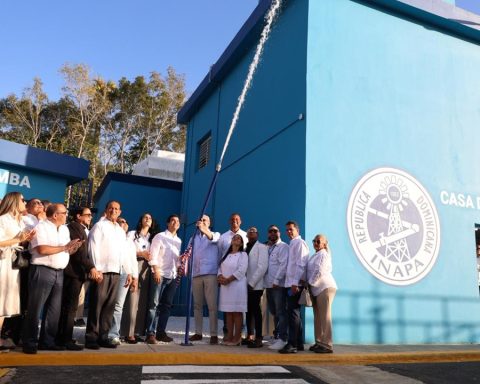In Bolivia’s vast and diverse boundaries, borders are presented not only as lines that separate territories, but also as dangerous scenarios where a variety of risks and challenges converge. These challenges, often ignored or minimized, deserve urgent attention, especially in the context of an increasingly interconnected world.
One of the most pressing problems on our borders is the lack of effective control, which makes these regions breeding grounds for crimes such as drug trafficking, smuggling and human trafficking. Bolivia’s porous borders facilitate the transit of drugs from producing countries to international markets, which not only perpetuates violence and insecurity, but also corrupts local institutions and weakens social cohesion. Smuggling, in turn, erodes the formal economy, negatively impacting tax collection and undermining the competitiveness of national companies.
Human trafficking, a less visible but equally devastating scourge, finds an ideal breeding ground in border regions. The victims, mostly women and children, are exploited in inhumane conditions, and the absence of efficient control mechanisms perpetuates this tragedy. It is imperative that the Bolivian State strengthens its presence in these areas, not only with human and logistical resources, but also through the implementation of public policies aimed at prevention, the protection of victims and the effective prosecution of perpetrators.
Another critical aspect affecting our borders is environmental vulnerability. Bolivia’s border areas are rich in biodiversity and natural resources, but deforestation, illegal mining and overexploitation of resources have caused irreparable damage to ecosystems. The lack of clear regulations and the inadequacy of their application put the country’s borders at risk. the ecological balance and the livelihood of local communities that depend on these resources.
Geopolitical tensions also pose a latent risk on our borders. Bolivia shares borders with countries that are experiencing their own social and economic crises, which can lead to uncontrolled migration flows and conflicts over resources. In addition, the lack of bilateral cooperation in some cases exacerbates border disputes and makes joint management of shared resources difficult.
Recently, a report released by Chilean authorities reveals the existence of organized mafias at the border crossings between Bolivia and Chile. Four border communities identified by Chile, according to the article, have been taken over by mafias that operate with impunity. These organizations are involved in drug trafficking and smuggling and human trafficking, which worsens the situation of insecurity and violence in the region.
The militarization of borders, as implemented by Chile, may be a temporary response, but it does not address the roots of the problem. It is essential that Bolivia and Chile work together to create long-term strategies that include strengthening local institutions, international cooperation, and the implementation of social programs that dismantle criminal networks and return control to affected communities.
In this context, we cannot forget the importance of the presence of the State in border regions. Only in this way can borders be prevented from becoming marginalized and forgotten areas, and effective integration into the national fabric can be promoted.
In conclusion, it is not enough to acknowledge the existence of these problems; it is necessary to act with determination and urgency. Borders should not be seen as mere dividing lines, but as spaces of opportunity for development and cooperation.


















